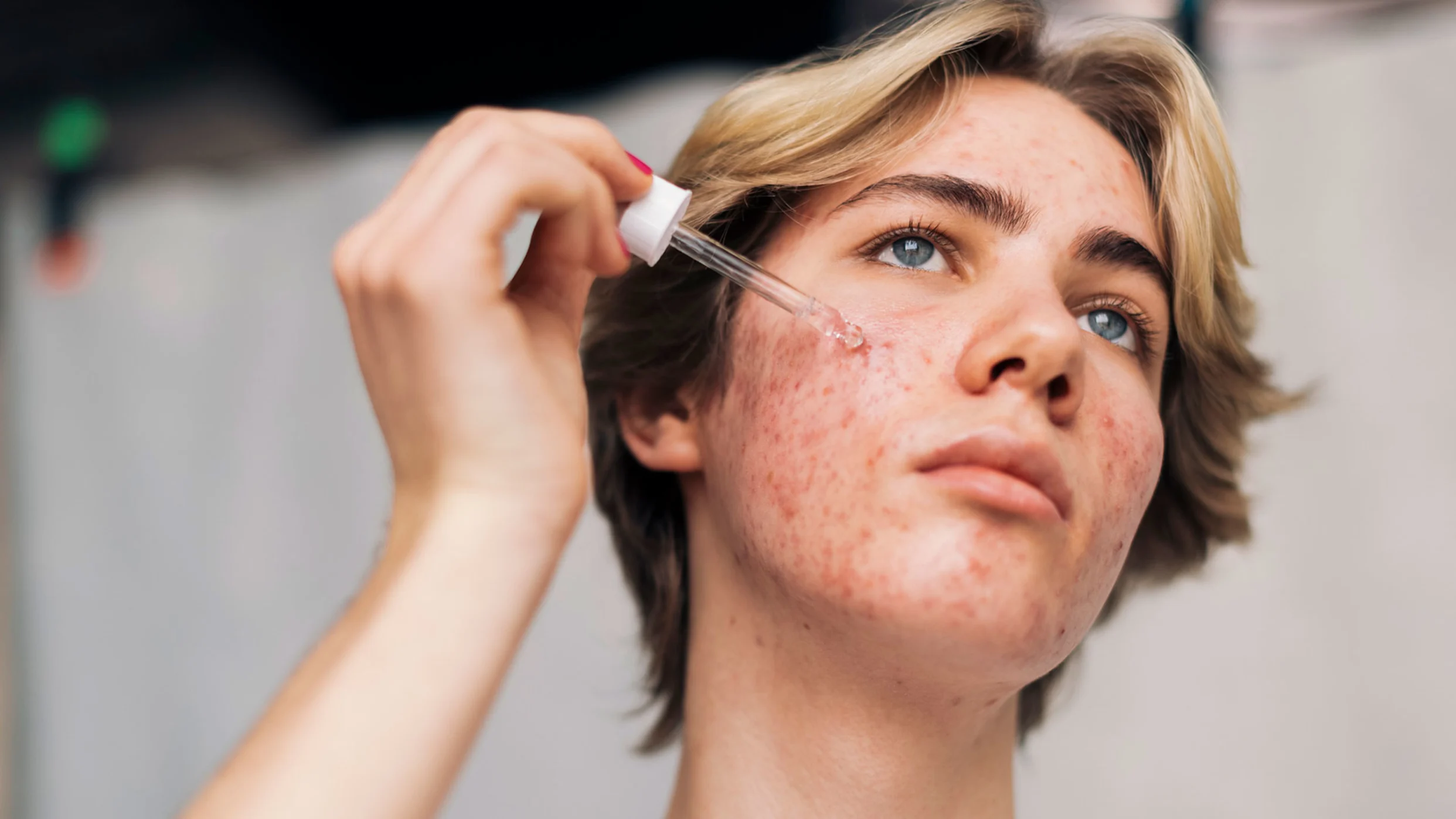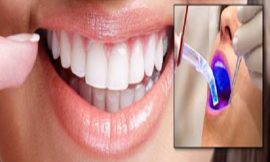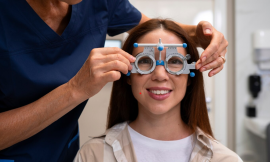Acne can be a frustrating and sometimes embarrassing condition, affecting not only teenagers but adults too. Whether you’re dealing with occasional breakouts or persistent Acne Treatment in Dubai, finding effective treatments that work fast is key to improving your skin. In this article, we’ll explore the best products and therapies that can help you treat acne quickly and restore clear, healthy skin.
Understanding Acne: The Basics:
Before diving into treatment options, it’s important to understand what acne is. Acne occurs when hair follicles become clogged with oil, dead skin cells, and bacteria. This leads to inflammation, swelling, and the development of pimples, blackheads, and cysts.
There are various types of acne, including:
- Comedones: Blackheads and whiteheads.
- Papules: Small, red bumps.
- Pustules: Pimples with pus.
- Cysts: Painful, deep lumps under the skin.
The main factors that contribute to acne include:
- Excess oil production.
- Clogged pores.
- Bacterial growth.
- Inflammation.
- Hormonal fluctuations.
- Stress.
Now that we know what acne is, let’s explore how to treat it effectively.
Topical Treatments for Fast Acne Relief:
When dealing with acne, using the right topical treatments is crucial. These products target the root causes of acne—excess oil, clogged pores, and bacteria—helping to reduce inflammation and speed up the healing process.
Salicylic Acid:
Salicylic acid is one of the most effective acne-fighting ingredients. It works by exfoliating the skin, helping to unclog pores and reduce the occurrence of blackheads and whiteheads. You can find salicylic acid in cleansers, toners, and spot treatments.
How to use: Apply a salicylic acid-based product directly to the affected areas after cleansing. It’s best to use it once or twice a day, depending on how sensitive your skin is.
Benzoyl Peroxide:
Benzoyl peroxide is another popular acne treatment that targets bacteria, a key cause of acne breakouts. It also helps to reduce inflammation and dry out excess oil. Benzoyl peroxide is available in various strengths, ranging from 2.5% to 10%.
How to use: Start with a lower concentration (2.5% or 5%) and apply it to clean skin once or twice a day. If your skin becomes irritated, reduce usage or switch to a lower concentration.
Retinoids:
Topical retinoids, such as adapalene (Differin), help speed up cell turnover, preventing clogged pores and reducing inflammation. They are highly effective in treating both acne and acne scars.
How to use: Retinoids should be applied at night because they can make your skin sensitive to the sun. Begin with a lower concentration and gradually increase use as your skin adjusts.
Tea Tree Oil:
Tea tree oil has natural antimicrobial properties, which can help kill acne-causing bacteria. It’s a gentler alternative to benzoyl peroxide and can be effective for mild acne.
How to use: Dilute tea tree oil with a carrier oil (such as jojoba or coconut oil) and apply it directly to blemishes. You can also find tea tree oil in acne spot treatments.
Oral Treatments for Acne:
While topical treatments work wonders for most people, sometimes you need a little extra help from oral medications to tackle more severe cases of acne.
Antibiotics:
Oral antibiotics, such as doxycycline and tetracycline, help reduce the amount of acne-causing bacteria on the skin and control inflammation. Doctors typically prescribe antibiotics for moderate to severe acne that doesn’t respond to topical treatments alone.
How to use: Follow your healthcare provider’s instructions carefully. These are usually taken for several weeks or months and are often used in combination with other treatments.
Hormonal Birth Control Pills:
For females, certain birth control pills can help regulate hormones that trigger acne. Hormonal fluctuations, particularly during menstruation, can cause an increase in oil production, leading to breakouts.
How to use: Your doctor can prescribe birth control pills that contain estrogen and progestin, which help regulate hormone levels and prevent acne flare-ups.
Isotretinoin (Accutane):
Isotretinoin is a powerful oral medication used for severe, cystic acne that doesn’t respond to other treatments. It reduces oil production and prevents clogged pores, providing long-lasting results.
How to use: Isotretinoin is usually prescribed as a last resort due to potential side effects and requires regular monitoring by a doctor.
In-Office Therapies for Quick Acne Treatment:
If you’re looking for faster results, in-office treatments can complement or speed up your acne treatment regimen. These therapies are performed by professionals and can provide immediate relief for more severe cases.
Chemical Peels:
Chemical peels use acids to exfoliate the skin, removing dead skin cells and unclogging pores. This can reduce the appearance of acne and improve skin texture.
How it works: A dermatologist applies a chemical solution to the skin, which causes the top layer to peel off, revealing fresher skin underneath.
Laser Treatments:
Laser therapies, such as fractional laser and intense pulsed light (IPL), can target acne scars and reduce inflammation. Laser treatment helps kill bacteria and promote collagen production, which can improve the overall appearance of acne-prone skin.
How it works: Lasers use light energy to target the layers of skin where acne-causing bacteria reside, reducing inflammation and promoting healing.
Extractions:
For people with blackheads, cysts, or other hard-to-remove acne lesions, professional extractions can help clear clogged pores. A dermatologist or licensed esthetician uses sterile tools to extract debris from the pores, preventing further breakouts.
Lifestyle Changes to Prevent Acne Breakouts:
Acne is not just about the products you apply—it’s also influenced by lifestyle factors. Making certain changes in your daily habits can help keep your skin clear.
Follow a Proper Skincare Routine:
Maintain a consistent skincare routine that includes gentle cleansing, moisturizing, and exfoliating. Avoid harsh products that can strip your skin’s natural oils, as this can lead to more breakouts.
Eat a Balanced Diet:
A diet rich in fruits, vegetables, whole grains, and lean proteins can promote healthy skin. Avoid foods high in refined sugars and dairy, as they may trigger acne in some people.
Manage Stress:
Stress can trigger hormone imbalances that increase oil production and worsen acne. Engage in stress-reducing activities such as exercise, meditation, or deep breathing exercises to help manage stress levels.
Avoid Picking or Squeezing Pimples:
Picking at acne lesions can introduce bacteria and lead to scarring. It’s best to leave pimples alone and allow your skin to heal naturally.
Conclusion:
When it comes to treating acne fast, the key is a combination of topical treatments, oral medications, in-office therapies, and lifestyle changes. It’s important to be consistent with your skincare routine and to give products time to work. For severe cases, consult a dermatologist to explore more intensive treatments like laser therapy or isotretinoin.
By using the right products and therapies, and taking care of your skin from the inside out, you can start to see clearer, healthier skin in no time.




